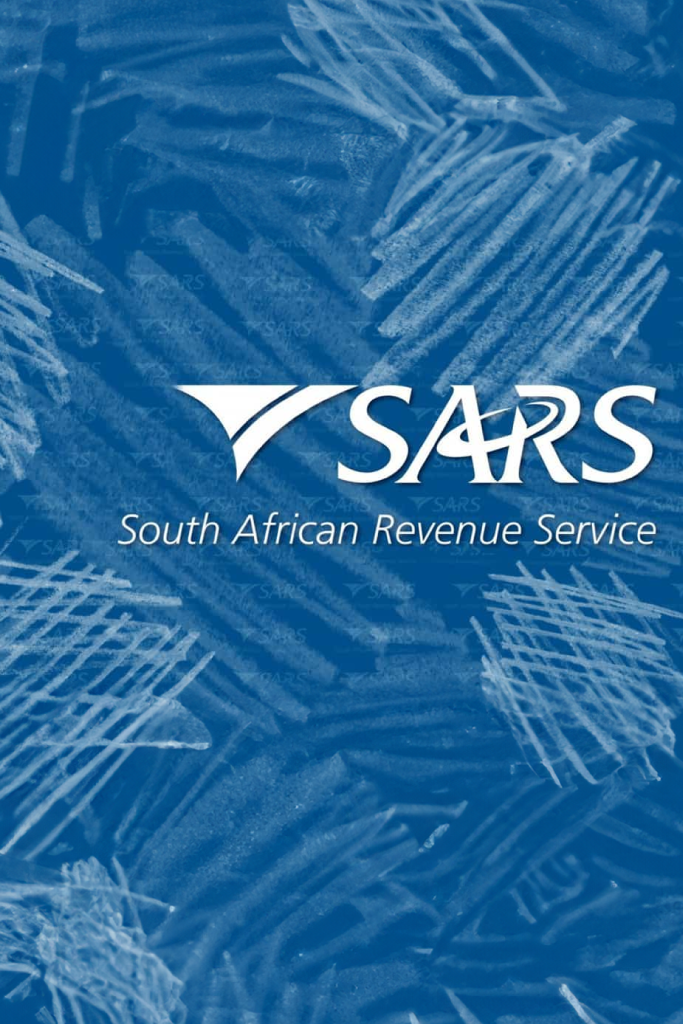Blog
You can’t teach an old dog new tr– Oh, wait. You can.
Morné van Tonder, a TTT marketer and tax consultant, explains SARS’s newest changes to us – and how they can trick taxpayers.
(Not so) New kid on the block
Morné has been part of the team for over 5 years; “This is my sixth tax season,” he says,
reminding us that tax practitioners measure time in “seasons”, not years.
While chatting, Morné mentions that “last night [he] worked till midnight” and “in the last two weeks, [he’s] received countless tax documents.”
Tax season is brutal. But, as he points out, it’s also fulfilling. For us, and “for the people who really do rely on these refunds.”
The thing is, SARS’s changes potentially affect those refunds.
SARS is implementing significant changes, such as dedicating a whole week to auto assessments
This year, many people can only submit tax returns from 7 July, after 8pm. Why? Because
for the first official week of tax season, SARS is focusing on pumping out auto
assessments.
Last year, it auto assessed 2.5 million taxpayers. Now it’s aiming for over 4 million.
Morné explains why that matters.
Welcome to the new normal
The recent changes are only the beginning. Each new regulation delivers a message, loud and clear: this old dog has learnt new tricks.
Another “very big difference,” says Morné, “is that when someone was auto assessed last year, they had 40 business days to correct it. This year, they have until the end of tax season to get themselves in order.” Sounds like a better deal, right? Not quite.
eFiling is an automated system and, as such, it’s not always error-free. What could go wrong? Delayed auto assessments. Or an account stalling after it’s been corrected.
Running out of time may mean missing out on those not-so-little claims. The upshot? A battered bottom line.

“It’s news to me!”
SARS has also started “penalising people straight away,” immediately after tax season’s officially ended. According to Morné, this has never happened before: “In the past, SARS used to give a leeway of a few months” before imposing penalties.
This year, SARS will “run the auto assessments again, after season, for those people who didn’t submit”.
This demonstrates that its “systems have improved so much [it] can identify people who were supposed to submit and penalise them,” says Morné.
How is SARS “getting hold of taxpayers that have been avoiding it”?
“The infrastructure regarding getting info from third parties is definitely improving,” says Morné.
Free market? More like SM(Me) market!
Financial technology (fintech) is revolutionising how small businesses manage their finances. Mobile banking, digital wallets, and online lending platforms are empowering entrepreneurs with real-time financial insights and convenient access to capital. The result? The playing field is wide open for small businesses.
Entrepreneurs who choose effective fintech solutions – and use them! – will continue to do well in 2024.

There’s a new kid in town. Luckily, tax is old hat to us
SARS Commissioner Kieswetter’s assertive approach is bolstering tax compliance. But the issue, as Morné points out, is that “many people don’t understand tax and tax returns… and there are also fraudulent people” (posing as legitimate tax practitioners) who fool them.
Taxes are getting paid, but inaccuracies are running rife. That’s why it’s never been more important to have a friend in the system.
Morné leaves us with this last bit of advice: “Don’t just ignore SARS’s changes. They’re not going to go away; they’re going to happen more and more.”
(PS The changes we’ve talked about fall under SARS’s “Vision 2024” project; read more about it here.)
Survive these changes unscathed; Contact us today!
